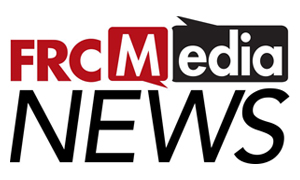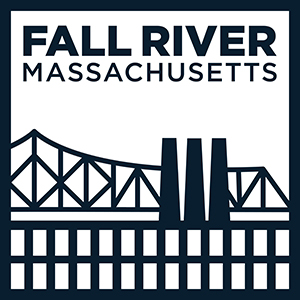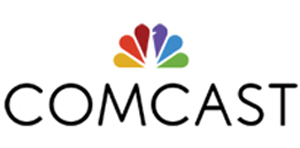Eighth graders at the Atlantis Charter School used their community civics project to publish books to help migrant children living on the SouthCoast learn English and adapt to living in their new country.
The project was a collaboration between the school and United Neighbors of Fall River, which supports families and coordinates resources for them to survive and thrive in our region.
Dr. Lisa Dion, Dean of Humanities and Students at Atlantis Charter says the community literacy project will make a lasting impact on those starting a new life in the United States.
The classroom project was led by social studies teacher Thomas Furman. He says the students were extremely motivated in writing and illustrating the books knowing it would help students who will eventually attend school locally.
Eighth-grade student Emma Correia says it’s rewarding to work on a project that will help so many people overcome the language barriers to living in America.
United Neighbors has helped many Haitian and Brazilian migrants settle into the community while they are being housed at motels across greater Fall River. While they still face many challenges, the migrants are receiving comprehensive support from the state to ensure their transition to a new country goes as smoothly as possible.
Dr. Dion hopes to use the success of this civics project to connect other students to their community to help them grow into well-rounded citizens.










Hoping you might publish this or reach out to do a feature on this important topic for local schools, educators and students.
Mental Health First Aid Training Provides First Responders to Students in Crisis
Most people know what to do if someone nearby seems to be having a heart attack—call 911, make them comfortable, and perhaps start CPR. But few of us know how to help if we see someone having a panic attack or how to respond if someone is showing signs of substance abuse, depression, or deep anxiety.
A trend in schools across the nation and locally is trying to change that by training more educators, mentors, and health care providers in mental health first aid to become, in a sense, mental health first responders. The movement is critical to support students, whose mental health issues since COVID have become a national emergency, according to the American Academy of Pediatrics.
Coaching 4 Change, which provides diverse college-age mentors to local schools from Providence and Central Falls in Rhode Island to Fall River, Taunton, Brockton, and New Bedford in Massachusetts, last year began training its staff and mentors as mental health first aid responders after receiving a special grant from Mass Mentoring Partnership as the 2023 Conolly Tribute Award winner.
While the training does not take the place of or replace the need for professional psychologists, therapists, and counselors, the move has helped with a shortage of mental health providers in the community. Few communities and schools are able to offer the optimum ratio of students to mental health care providers. However, mental health first responders can help bridge the gap by supporting students who benefit from having someone to listen to them and spotting and referring students most in need of care to responsible adults.
“Mental health first aid is designed to help recognize and respond to mental health issues,” said C4C Chief Impact Officer Jessica Tellez. “Since we’ve rolled this out, our mentors feel more confident and better equipped to deal with the issues they might come up against. The response has been very positive in the schools since there is such a big need for students in K-12 to feel supported.”
Tellez said mentors working with students who may be acting out in class or showing signs of mental illness or crisis are trained to listen and support students in the moment and also to make sure appropriate adults know about those exhibiting danger signs.
C4C, which has near-peer mentors in schools from Boston to Providence, is not alone in adopting this type of youth mental health front-line training. In the last few years, many school systems have begun to train educators and staff, and the corps of mental health first responders is growing. The National Council for Mental Wellbeing that offers the training reports the number of people trained in mental health first aid has reached more than 3 million.
The mental health first aid training offers evidence-based, early intervention tools focused on learning how to interact with someone in crisis, how to identify common signs and symptoms of mental health challenges, and how to connect a person with help. Courses are available not only for those involved with youth but also for those who work in a variety of situations such as public safety, Spanish-speaking communities, corrections, fire/EMS, military veterans and families, older adults, rural communities, and the general population.